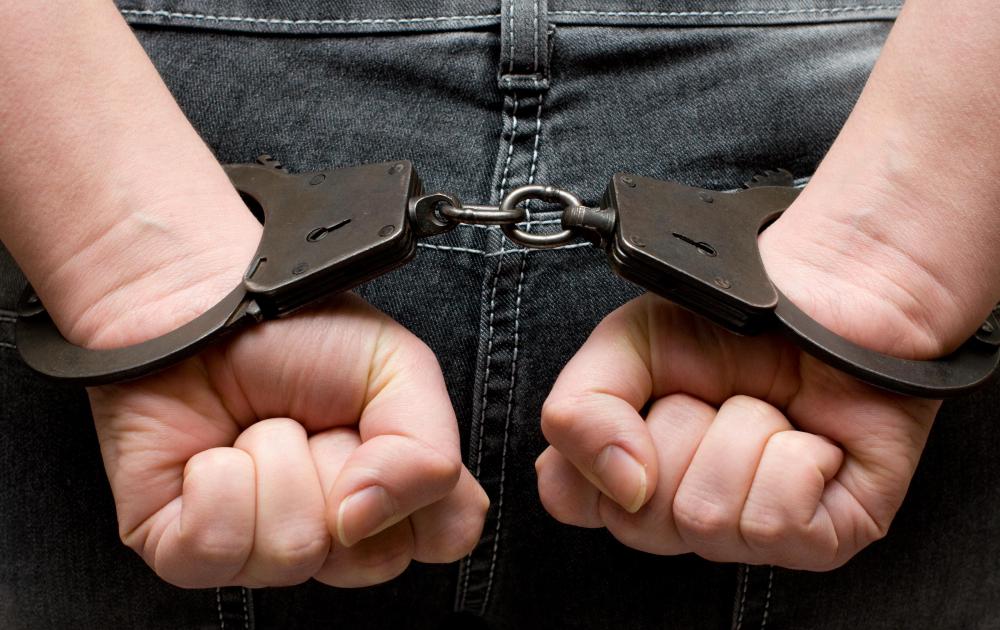At WiseGEEK, we're committed to delivering accurate, trustworthy information. Our expert-authored content is rigorously fact-checked and sourced from credible authorities. Discover how we uphold the highest standards in providing you with reliable knowledge.
Do I Have to Respond to a Subpoena?
When someone receives a subpoena, there is indeed a legal obligation to respond. The response does not necessarily have to be compliance with the request or requests named in the document, however. It is possible to contest a subpoena under a variety of circumstances. People who receive subpoenas should consult a lawyer to discuss the terms of the subpoena and their options.
Also sometimes called a summons, a subpoena is a document which orders a person to show up at a court or law office at an appointed day and time to give evidence. This evidence may be in the form of testimony, which may be in a deposition or in court, or it can be physical material such as documents. A subpoena ad testificandum calls for spoken evidence, while a subpoena duces tecum calls for physical evidence.

When a summons is received, the first thing to do is to verify that it really is a summons, because sometimes ambiguous legal documents are used to trick people into doing things they are not actually obliged to do. The document should say "subpoena" or "summons" at the top, and include information about the issuer, the court, the case, and the parties involved. Lawyers and other officers of the court including judges and legal clerks are all empowered to issue subpoenas. One can call the issuing officer of the court to ask for clarification about the nature of the document, or ask a lawyer to look the document over and explain it.

If the subpoena is reasonable, the correct response would be to comply with the terms of the subpoena, showing up to give evidence as requested. Failure to comply can result in legal penalties in these cases. People can also contest a summons, however, for reasons such as improper service, undue hardship, or privacy breaches. People can also contest such documents if they are issued to the wrong person, as does happen now and again.

If someone intends to contest a summons, a lawyer should be hired to help, and the documents to file to contest should be filed as quickly as possible. People should not wait until the day named on the summons to contest it. Generally, people contest by filing a motion to quash, which means that they or a legal representative will need to show up in court to explain why they do not wish to comply with the subpoena.
AS FEATURED ON:
AS FEATURED ON:















Discussion Comments
@anon307136- I'm not sure what you received was really a subpoena or not. If the police are charging the other driver with a crime, like DUI, then you might get a summons to testify in court. If your insurance companies are handling the accident, then the police probably assigned fault to the other driver, but haven't charged him with a crime. In that case, your insurance company will probably assign someone to handle the negotiations with the other driver's insurance company.
You shouldn't have to do anything unless you receive an official subpoena with a time and date to appear in a courtroom.
@anon243600- I'm no legal expert, but I don't believe you would need an attorney if you are not the one on trial. You would most likely be contacted by either a defense attorney or prosecutor and asked to give a legal deposition. This isn't the same as sworn testimony in court, but it would give both sides some insight into how you would answer if they actually called you to the stand. You may not have any information that would be useful, in fact. You really don't have the right to not answer a question during a deposition unless that answer would tend to incriminate you.
Let's just say you and your friend were at a bar and a fight broke out. You threw a few punches yourself, but your friend actually killed someone. The prosecutor could ask you if you were at that bar during the incident, did you see the defendant engage in a fight, and what did you do after the fight was over.
You wouldn't necessarily have to admit you also participated in the same fight, because that would make you look like an accomplice to murder. You do have some rights under the Fifth Amendment not to answer certain questions, but most questions an attorney might ask would fall under the category of "legal".
What are the penalties for not showing up for a deposition in a civil lawsuit? I am being sued in a venue that is five hours away from where I live, the court would not change the venue. What can I do?
I got into a car accident a few months ago. I received a subpoena stating the police are charging the other driver. Do I have to show up to court?
I was issued a subpoena from the state against a case involving a friend. Do I need a lawyer? Do I have any rights if I do not want to answer a question?
This information was very helpful. My family is going through something similar to this and learning about the motion to quash is new info for me to pass on. Thank you
No, you do not have to respond to a subpoena. They cannot force you to do so. They can, however, make you understand and wish that you had responded to it.
Post your comments